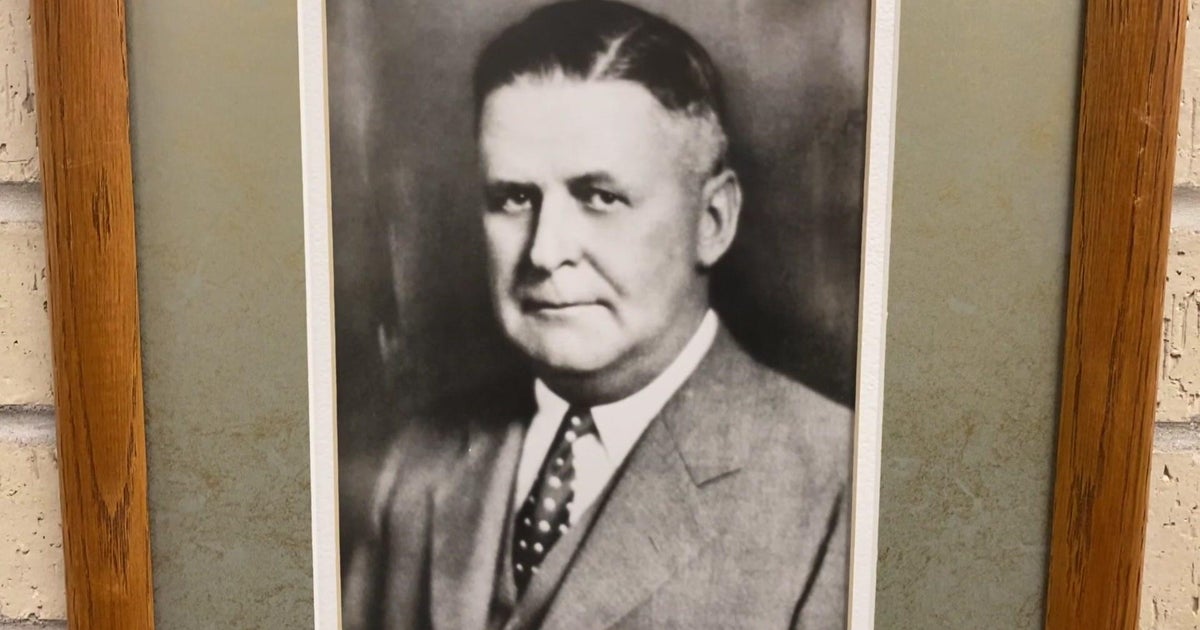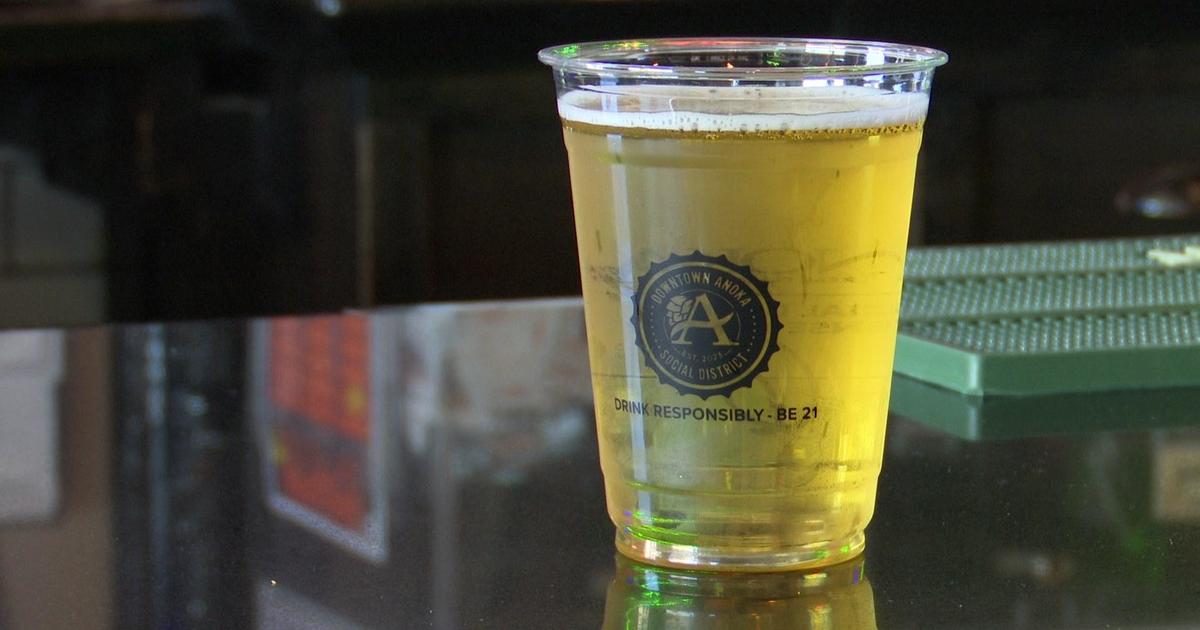Robbinsdale passes one-year moratorium on sale of THC products
ROBBINSDALE, Minn. --Robbinsdale this week issued a one-year moratorium on new sales of hemp-derived THC products so city leaders can study how to implement and enforce a new state law authorizing some of the intoxicating chemical in food and drinks.
The move by the Twin Cities suburb comes just weeks after the law took effect July 1. It allows 5 mg of THC per serving and no more than 50 mg per package and mandates some testing and labeling requirements. Those doses of THC per serving are less potent than what's typically offered in states where recreational cannabis is legal.
But what the law doesn't spell out is enforcement and implementation, giving local governments a lot of control over the process, but sparking questions in cities across the state.
"We wanted to have organized health, safety, welfare, zoning and licensing protections for people," said Bill Blonigan, mayor of Robbinsdale. "Right now what could happen is we could be in the Wild West of people selling these products all over and in an unorganized, maybe not safe for children, not safe for the public type of fashion."
The League of Minnesota Cities is providing guidance to its members about the ways other state statutes empower municipalities to regulate the products in their communities. Moratoriums, licensing, and zoning are the three main regulatory frameworks that cities can use when crafting regulations, said Patricia Beety, general counsel for the organization.
"We're getting a lot of questions from cities about what can we do, what legal tools do we have to provide some local controls if a city wants to do that," Beety said.
Some potential regulations cities can consider include limiting the number of establishments, determining where retail stores are allowed, and requiring background checks and age verification, among other provisions the League of Minnesota Cities put together in its guidance.
Beety said cities didn't have a lot of time to prepare for the changes and are deciding in real-time about how they want to proceed.
St. Joseph and Marshall are also implementing temporary bans like Robbinsdale. The Golden Valley City Council recently had an initial reading of a licensing ordinance draft.
"We can be nimble, we can act quickly, but there is also a process," Beety said. "So there are going to be some questions and some confusion, I think, for awhile. But city-by-city, we're working on that local ability to control what's best for communities."
Blonigan said he was caught off guard when he heard of the law's passage, and the moratorium is a way to take the time to study what works best for his city. All of the city council had to be in agreement to approve the step.
There wasn't much attention drawn to the policy at the capitol this year.
At a recent news conference, DFL lawmakers said the low-profile nature of the legislation was deliberate, fearing putting a spotlight on it like they would other issues could endanger its passage.
"Sometimes legislation benefits from a lot of publicity, and sometimes legislation benefits from the ability to do the work more quietly," DFL Rep. Ryan Winkler, the House majority leader, said earlier this month. "But it was all done in the public eye."




